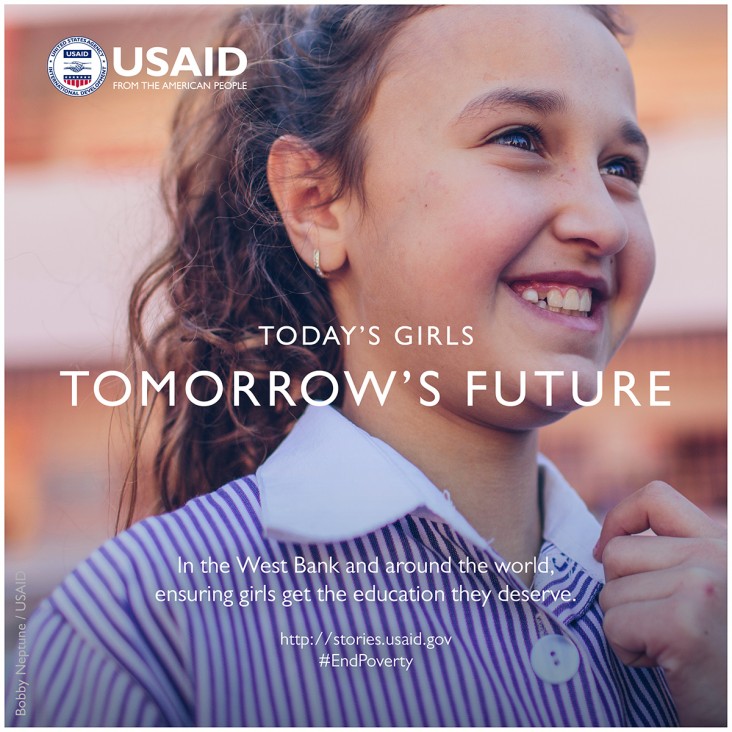Overview
USAID supports the Palestinian Ministry of Education through programs that provide students with new and more learning opportunities. USAID trains teachers and principals with enhanced teaching methodologies; increases student access to schools; improves school conditions; and works with universities on curriculum and career counseling for sustainable careers. Since 2000, USAID has reduced class size by constructing nearly 3,000 classrooms; trained 4,300 teachers and principals on modern pedagogies; and supported ICT use in classrooms resulting in increased student performance on academic assessments. For higher education, USAID provides scholarships to support students completing their studies and establishes private sector partnerships to provide graduates with entrepreneurship and business development training and internships.
USAID expands access to health care services by strengthening the capacity and performance of the Palestinian health sector and by strengthening the capacity of non-governmental organizations and private health facilities. This is done through reducing health disparities by minimizing the need for referrals; raising public awareness and promoting preventative actions and healthy behaviors; supporting health worker training; and procuring necessary medical equipment. Since 2000, USAID investments have impacted 274 medical facilities benefiting more than 700,000 people. USAID has built or renovated 56 health facilities; trained health providers; and introduced reforms to the health referral system saving millions of dollars.
USAID provides humanitarian assistance to the most vulnerable populations. Interventions include providing critical food assistance to vulnerable families; delivering essential non-food items such as hygiene kits and medical supplies; and supporting therapy programs to promote mental wellbeing specifically for conflict-affected children. Since September 2015, USAID, through World Food for Peace, has delivered over 2,800 metric tons of food assistance to 95,000 vulnerable people on a quarterly basis.








Comment
Make a general inquiry or suggest an improvement.